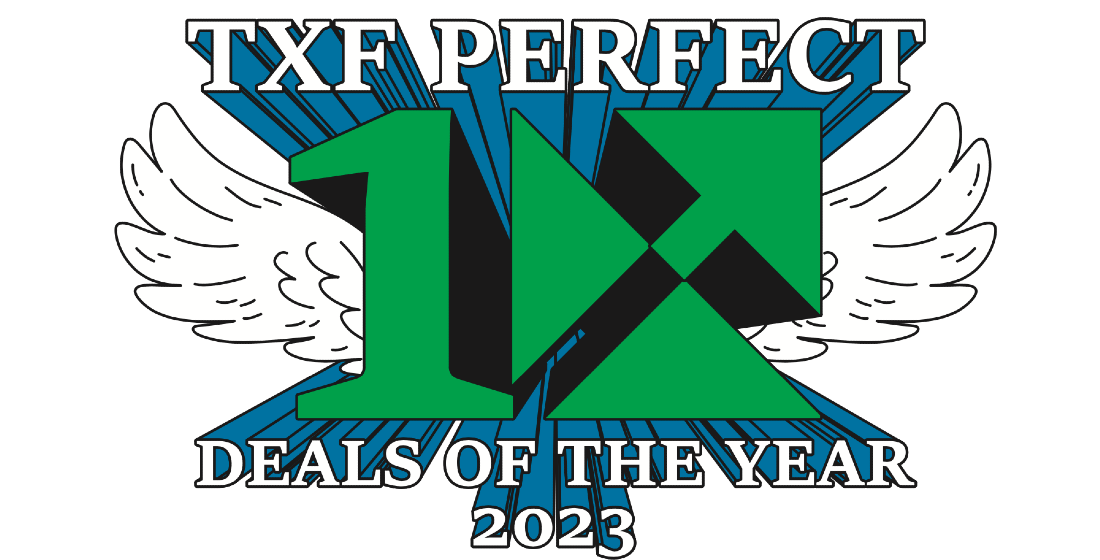DTC: Another blockchain consortium – but will it last?
Seven banks have joined together on KBC’s new Digital Trade Chain (DTC) to aid European small and medium businesses (SMEs) increase trade.

Seven banks have joined together on KBC’s new Digital Trade Chain (DTC) to aid European small and medium businesses (SMEs) increase trade.
HSBC, Deutsche Bank, KBC, Natixis, Rabobank, Societe Generale and Unicredit have signed a memorandum of understanding in Brussels, to confirm their collaboration on the development and commercialization of DTC – a blockchain product initiated by KBC which has been tested to ‘proof of concept’ stage.
HSBC’s head of global trade and receivables finance, Andrew Betts, explains the concept: “International and regional development together is a way to shortcut the investment cycle. Each bank represents a different country, enabling the consortium to work across countries and connect SME’s across Europe. The idea is to get it up and working in the initial seven markets and then we’ll look at getting additional countries and partners involved and adding functionality. It’s not meant to be a closed group forever.”
DTC is an open account consortium within a closed network, but there will be the opportunity for other banks to join once it is live by the end of 2017: SME’s prefer open account solutions, unlike larger companies which use documentary credit to reduce the risks in business.
DTC is based on a prototype trade finance and supply chain solution originated by KBC. It won the Efma Accenture Innovation Award for ‘best new product of service of 2016’ in October, and aims to connect users online and through mobile devices.
However, DTC is not dissimilar to other products out there, and the excitement with blockchain is wearing thin for some as integration in the trade finance arena is taking longer than many expected.
On the upside, this consortium is focusing from the ‘bottom up’, according to Aite Group senior analyst, Enrico Camerinelli. He tells TXF: “The focus on SME support and cross country is a good idea. Banks are starting to feel the pressure in testing blockchain, and there is no way one bank can build a ledger on their own.”
However, how long the consortium stays together remains to be seen. Last year members of the R3 CEV blockchain platform, such as Goldman Sachs, left to pursue development of their own blockchain platforms. “We will have to wait and see if these banks will work together and agree on everything, because often they have their own agendas too,” adds Camerinelli.
HSBC is adamant that the only solution to develop blockchain is for banks to work together. “We definitely think this is an area for collaboration. We don’t believe this is a one bank propriety development, we think this should be developed throughout the industry,” says Betts.





